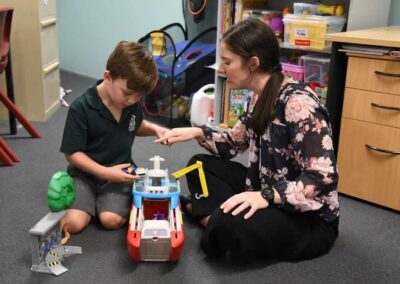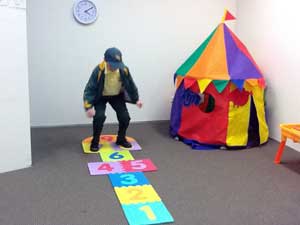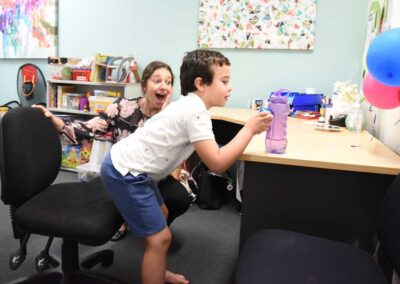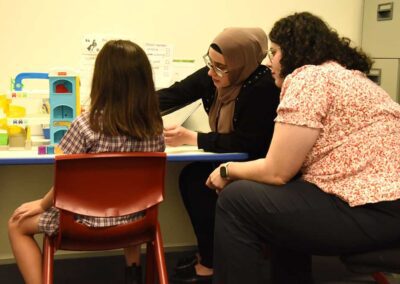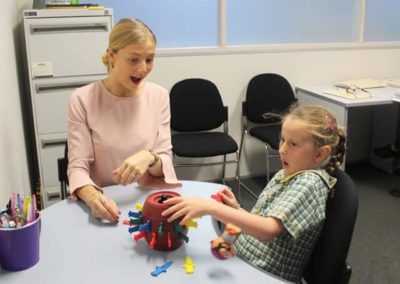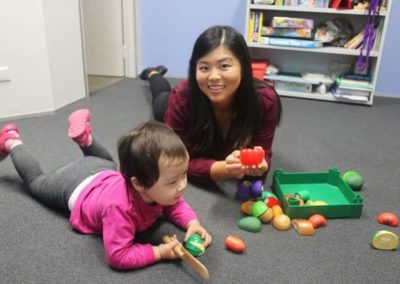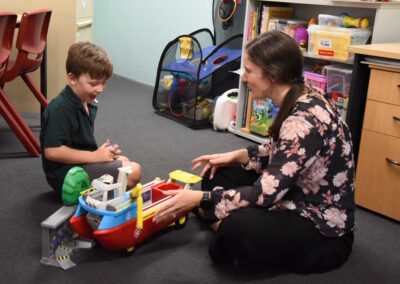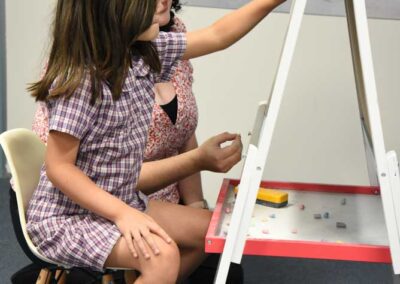1. What is literacy?
Literacy is the ability to read and write effectively in a given language. It is a fundamental skill that enables individuals to understand, interpret, and communicate through written text. Literacy encompasses various aspects:
- Reading: Reading involves the ability to decode written words, understand their meanings, and comprehend the information presented in written texts. It includes skills such as recognizing letters, words, and sentences, as well as understanding the structure and content of different types of texts.
- Writing: Writing is the skill of creating written messages, stories, reports, or other forms of written communication. It encompasses the ability to express ideas, thoughts, and information in a coherent and organized manner, using appropriate grammar, spelling, and punctuation.

Literacy is not a static skill but rather a continuum that can be developed and refined throughout one’s life. It is a critical foundation for education, personal development, and participation in society. Proficient literacy skills are necessary for success in many aspects of life, including academic achievement, employment opportunities, and social engagement. Educational systems and programs around the world prioritize the promotion of literacy to ensure that individuals have the tools they need to thrive in an information-rich society.
2. How do Speech Pathologists help with literacy?
Speech pathologists play a critical role in addressing reading and writing difficulties, as these challenges are often linked to communication and language disorders. Here’s how speech pathologists can help individuals with reading and writing difficulties:
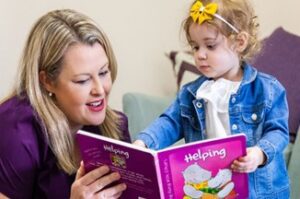
- Assessment: Speech pathologists conduct comprehensive assessments to identify the specific issues that may be affecting an individual’s reading and writing abilities. This assessment may include evaluating phonological awareness, reading rate, accuracy, fluency, comprehension, spelling, and written language skills.
- Phonological Awareness: Many reading difficulties stem from poor phonological awareness—the ability to recognize and manipulate the sounds of language. Speech pathologists can work with individuals to improve their phonological skills through activities like rhyming, blending, segmenting sounds, and phonemic awareness exercises.
- Grammar and Syntax: Speech pathologists can address issues related to grammar and sentence structure, helping individuals use proper grammar and construct grammatically correct sentences in their writing.
- Comprehension Strategies: Reading comprehension is essential for understanding written texts. Speech pathologists can teach individuals strategies to improve their comprehension, such as summarization techniques, making inferences, identifying main ideas, and recognizing details.
 |
|
Overall, speech pathologists bring their expertise in language and communication to help individuals of all ages overcome reading and writing challenges. They tailor their interventions to meet the unique needs of each individual, aiming to improve their literacy skills and overall academic success.

If you’d like to find out more about getting help for your child’s literacy skills contact us at Speak, Learn and Grow.

